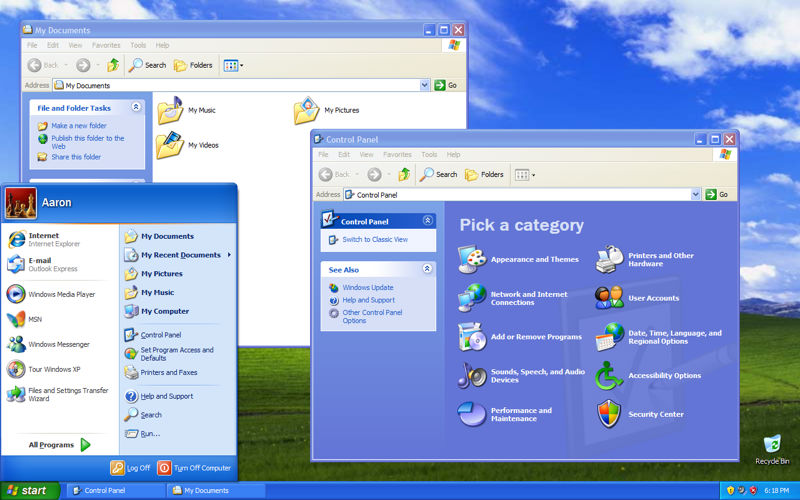

Microsoft is super keen to get people off of Windows XP before it flips the kill switch on support early next year, claiming users are six times more likely to be infected than Windows 8 users.
That’s despite the fact users of both operating systems have “encountered” similar amounts of malware, as 17 percent of XP and 13 percent of Windows 8 users had nasty software thrust at their machines in the first half of 2013.
On 8 April next year, Microsoft will finally kill support for XP, ending security updates and general support for the OS. Yet many in the UK, including government departments and major media organisations, continue to use XP.
According to Jeff Jones, director at Microsoft’s Trustworthy Computing team, businesses are just procrastinating. The company usually only offers enterprise support for 10 years around a product, but extended that for XP, which was launched in 2001.
“Your risk profile is much higher if you’re using XP today,” he told TechWeekEurope. “From a risk point of view move to one of the newer [Windows versions].
“When XP goes out of support, that risk is going to increase drastically. Can you keep using it? Sure. Should you keep using it? You should assess your risk and see what is appropriate.”
Jones claimed the app store model provided users’ with more secure software, as Microsoft vetted each app, scanning it and toying with it to ensure it’s legitimate. Google’s Android OS has been plagued with rogue applications making it onto official and non-official stores.
Windows 8.1, the latest release, has numerous security benefits over its predecessors. It has killed off one of the most concerning issues, known as “pass the hash”, where authenticating servers use the hash of a password to accept users. That means hackers don’t even have to bother cracking cryptographic hashes of passwords.
Microsoft’s research, released this week at RSA Conference 2013 in Amsterdam, also found the top threats facing UK users were malicious iFrame tags, the rogue security software Win32/Sirefef and JS/BlacoleRef, a script pointing browsers to Blackhole.
What do you know about Internet security? Find out with our quiz!
American space agency prepares for testing of Boeing's Starliner, to ensure it has two space…
As UK and Europe develop closer military ties, European Commission says it will invest €1.3…
Zuckerberg seeks to revive Facebook's original spirit, as Meta launches Facebook Friends tab, so users…
Notable development for Meta, after appeal against 2021 WhatsApp privacy fine is backed by advisor…
First sign of shake-up under new CEO Lip-Bu Tan? Three Intel board members confirm they…
Trump's nominee for SEC Chairman, Paul Atkins, has pledged a “rational, coherent, and principled approach”…
View Comments
Thats probably because its six times as popular.